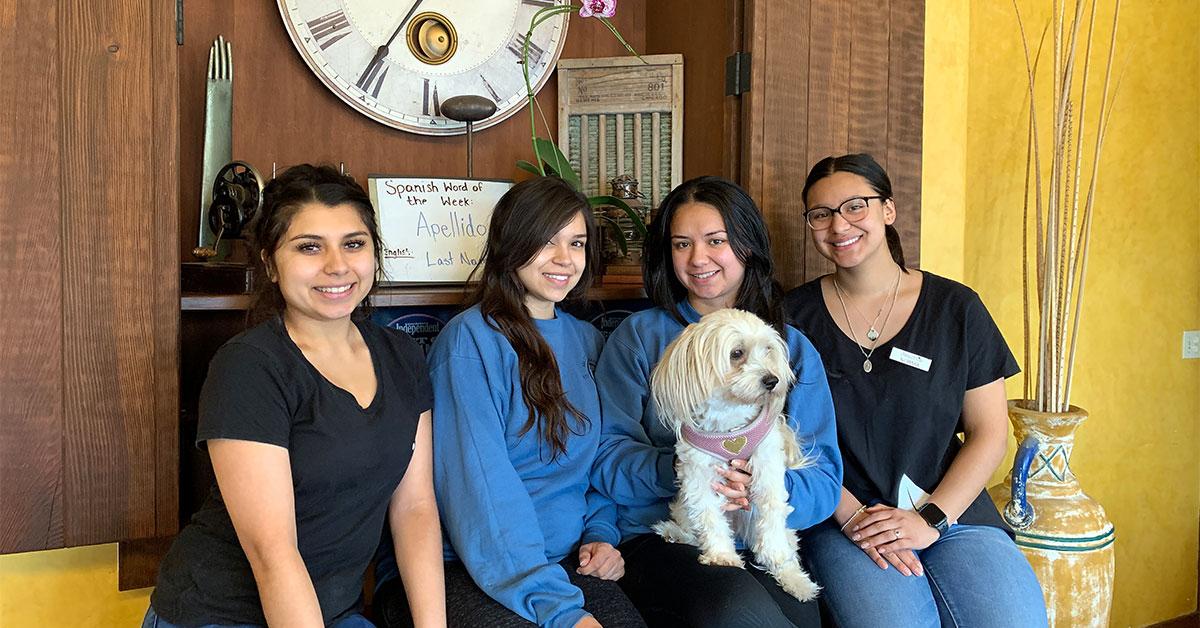CHICAGO — Sasha Ablitt, owner of Santa Barbara, California-based Ablitt’s Fine Cleaners, believes a dry cleaner is most effective and successful if there is, “trust between us and our clients. That means constantly building relationships.”
Ablitt continues: “That requires creating an atmosphere of both appreciation and fun at the counter. An attitude of listening and understanding people’s needs and wants. As an owner its my job to listen to my people and support their needs and wants, and in turn, my people will take care of the customer!”
Ablitt describes her business as a full-service dry cleaner serving Santa Barbara, Goleta, Carpinteria and the Santa Ynez Valley.
“It is a family-owned and operated business since 1984,” she relates. “We offer free pickup and delivery service on every single order. We have been voted Santa Barbara’s best dry cleaner for over 20 years!” The connection between the client coming in the store’s front doors and the counter team member is part of the whole picture of a healthy business.
Sean Nguyen, Ablitt’s customer service manager in charge of customer communications, concierge (delivery) and front counter customer service says, “I think it’s important to first have positive chemistry between the CSRs. If they’re happy working with each other, it will reflect on how they interact with customers.
“When customers walk into a place with a great atmosphere and employees are happy, they will naturally be happy. We have a lot of fun together, and that’s what makes them love coming to work. We are a family.”
Nguyen relates: “We have some CSRs that are great at small talk also. They’ll talk about the clothes customers bring in, the style of clothes, what they like and love. We also have a lot of talking points around the counter, like recycling, photos on the wall, which help create a common denominator for people.”
The key component of making a natural and healthy customer connection at the front counter is hiring the right person for that job with an outgoing personality.
Ablitt points out: “Hiring people that like people is the first step. After that, getting our people the training and practice necessary for them to gain confidence is key. And the last step is that their managers, including me, have to support them and treat our CSRs as well as we want the CSRs to treat our customers.”
She says, “The hardest parts for me as an owner are realizing, and acting on these two things: One, good judgement comes from experience that most likely came from bad judgement.
“So we have to allow people to make the wrong decisions sometimes. Mistakes are part of the process and no one is perfect. An atmosphere of support helps encourage creativity and problem solving.
“And Number Two, if someone can do something 80% as well as I can, let them do it.”
An almost unspoken part of that customer connection is just being a neighbor, part of the life of the town, and a piece of the very fabric of the community itself.
Check back Thursday for the conclusion.
Have a question or comment? E-mail our editor Dave Davis at [email protected].

